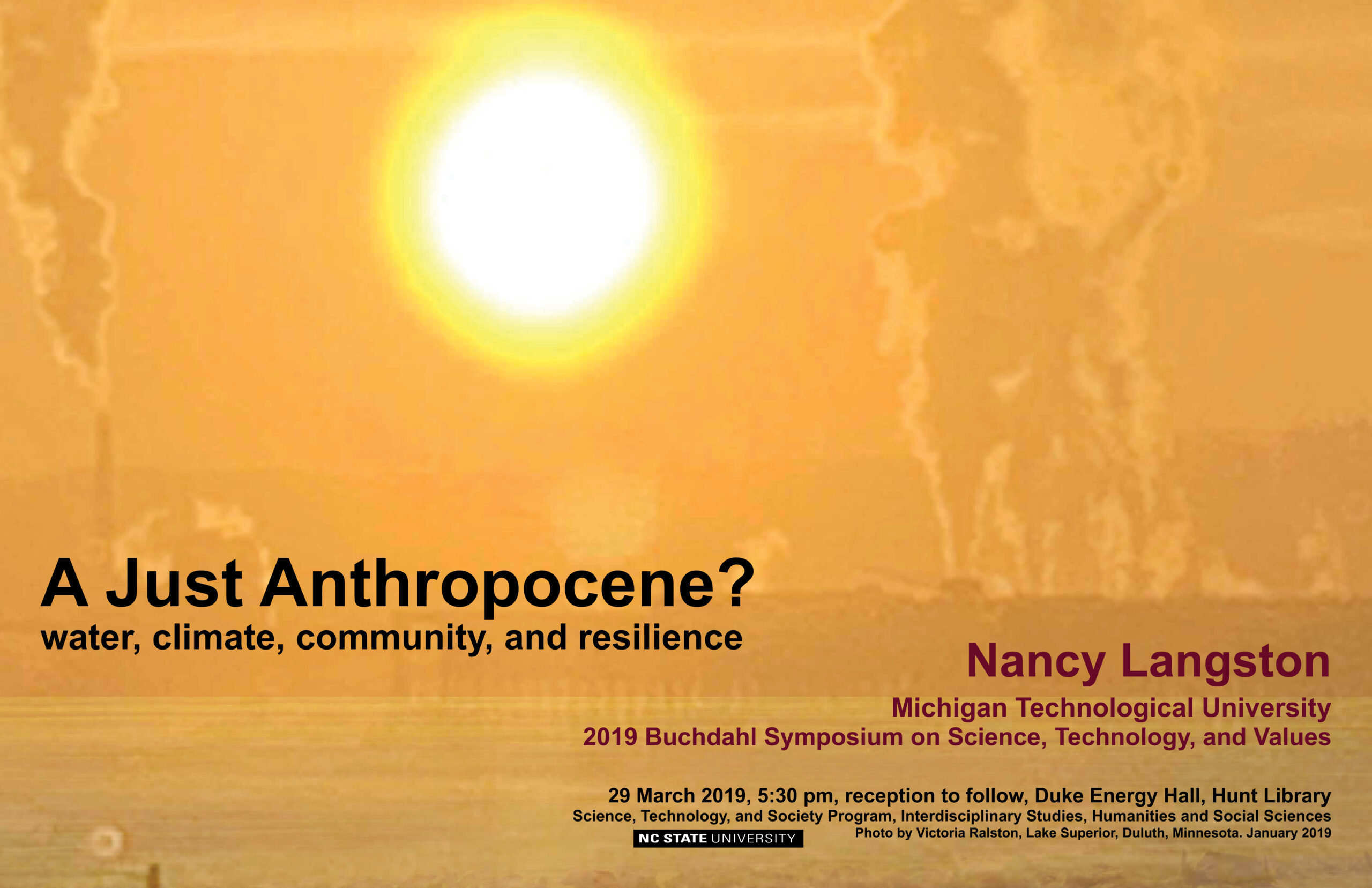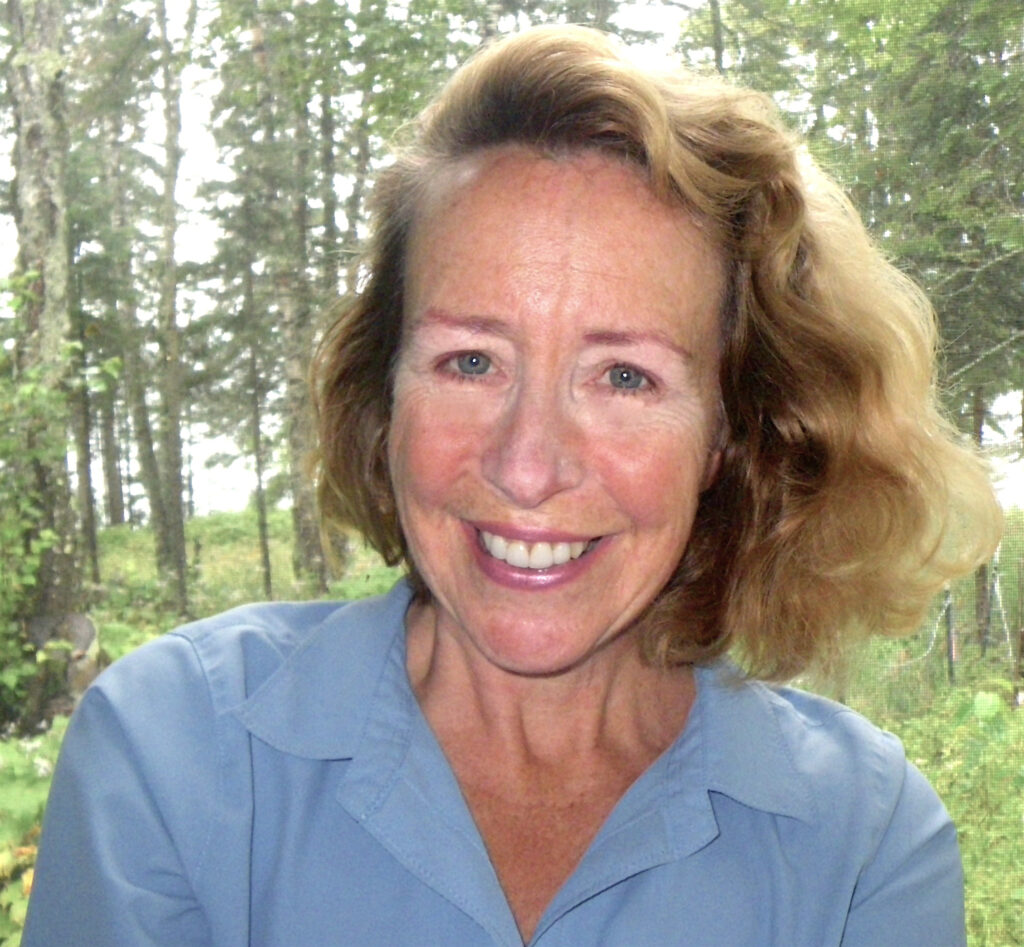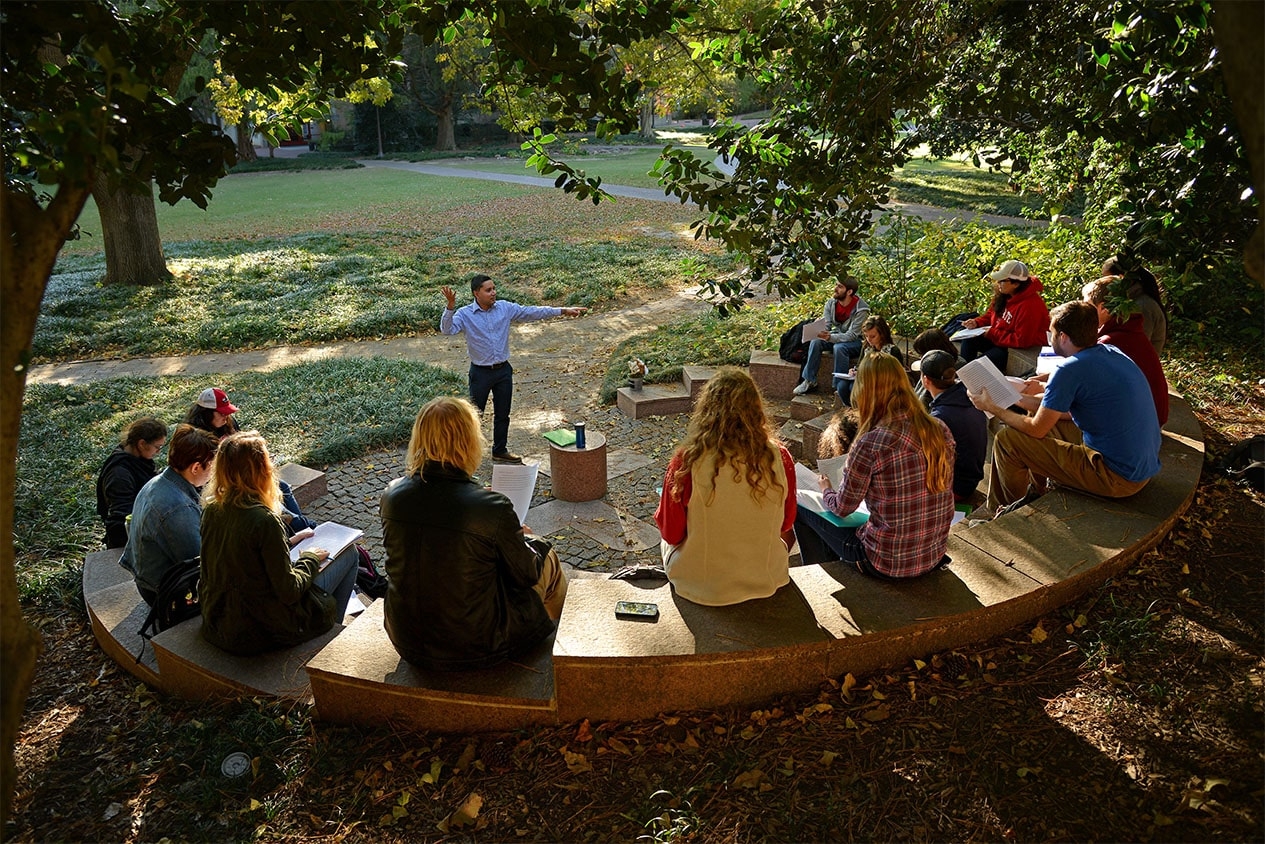A Just Anthropocene? Water, Climate, Community, and Resilience
with Nancy Langston, Distinguished Professor of Environmental History, Michigan Technological University

What can we learn from environmental recoveries over the past century, as we face new interconnected challenges from climate change, synthetic chemicals, and forest change? In her new book on Lake Superior, the world’s largest and fastest warming lake, Nancy Langston describes several significant conservation success stories in the past half century:
- the recovery of forests after the devastation of unrestrained logging
- the recovery of fisheries after their collapse from overfishing, industrialization, habitat loss, and invasive species
- the substantial cleaning up of many toxic waste sites
- the resilience of human communities dependent on the lake’s resources
None of these recoveries are complete. Yet they are still significant, and they offer us hope as we face new environmental challenges, trying to shape resilient strategies in the face of an uncertain future.
2019 Speaker: Nancy Langston
Nancy Langston is Distinguished Professor of Environmental History at Michigan Technological University, part of the Great Lakes Research Center and the Department of Social Sciences. Previously she was the King Carl XVI Gustaf Professor of Environmental Science at Umeå University in Sweden, and a professor at the University of Wisconsin-Madison for 17 years, with appointments in the Nelson Institute for Environmental Studies and the Department of Forest and Wildlife Ecology.

Langston’s recent book, Sustaining Lake Superior (Yale University Press, Fall 2017), examines climate change and toxics in the Lake Superior basin. Her current project explores climate change and animal migrations, focused on the upper Great Lakes. Previous works include
- An environmental history of Malheur Wildlife Refuge. Where Land and Water Meet: A Western Landscape Transformed (2003) focuses on dilemmas over riparian management in the West and offers pragmatic solutions to the conflicts that have paralyzed land management.
- A history of the old growth crisis in the west titled Forest Dreams, Forest Nightmares: The Paradox of Old Growth in the Inland West (1995) examines the causes of the forest health crisis on western national forests.
- A history of endocrine disruptors titled Toxic Bodies: Hormone Disruptors and the Legacy of DES, (2010) that examines the history of synthetic chemicals that disrupt hormones and the struggle for a precautionary principle to protect human and environmental health.
Langston has been committed throughout her career to public service on behalf of communities and environments. She leads her local Citizens’ Climate Lobby chapter, and she serves on the board of the Keweenaw Climate Community. For six years, she was a member of the International Joint Commission’s Binational Forum, and she now serves on the mining committee of the IJC’s Binational Program.
Since 1981, the Rolf Buchdahl Lecture has been North Carolina State University’s annual interdisciplinary public discussion of science, technology & human values.

